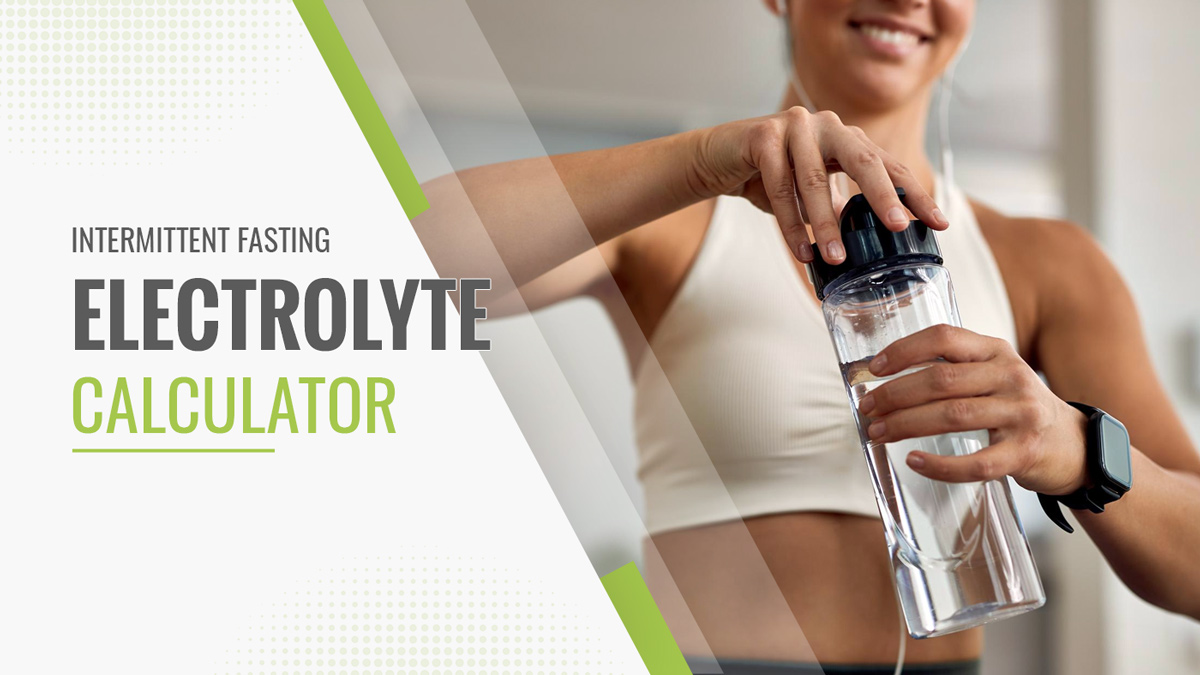Maintaining healthy levels of testosterone is crucial for men as they age. Testosterone is the primary male sex hormone responsible for muscle growth, bone density, libido, energy levels, and more. But most men start to see a decline in testosterone after age 30.
Low testosterone can negatively impact body composition, mood, sleep quality, and sexual function. The good news is that making diet and lifestyle changes can help boost testosterone levels naturally.
Consuming the right types of fats is one of the most effective ways to increase testosterone through diet. Let’s take an in-depth look at how different fats affect testosterone production and how to optimize your intake.
Why Does Testosterone Decline with Age?
Before diving into the dietary solutions, it’s important to understand why testosterone levels fall as men get older.
Testosterone is produced by the testes and adrenal glands. The hypothalamus and pituitary gland in the brain regulate testosterone production through a feedback loop.
Starting around age 30, testosterone levels begin to drop at a rate of about 1% per year. Reasons for this decline include:
- Increased sex hormone binding globulin (SHBG): SHBG binds to testosterone, leaving less free testosterone available in circulation. SHBG levels increase with age.
- Declining luteinizing hormone: The pituitary gland secretes less of this hormone needed to signal testosterone production.
- Oxidative stress and inflammation: Linked to age-related chronic health conditions, which hinder testosterone synthesis.
- Accumulation of visceral fat: Increased belly fat contains an enzyme that converts testosterone to estrogen.
- Lifestyle factors: Lack of exercise, poor sleep, stress, and unhealthy diet exacerbate hormonal changes.
The good news is that lifestyle interventions can counteract many of these age-related hormonal changes to boost testosterone.

Why Dietary Fats Are Crucial for Testosterone
Hormones like testosterone require dietary fats for their production. Specific types of fats support testosterone in a few key ways:
- Cholesterol is the building block for all steroid hormones. Consuming cholesterol from foods is key since the body makes only about 70% of the cholesterol it needs.
- Saturated fats maintainintegrity of cell membranes, allowing receptors to efficiently receive hormonal signals.
- Monounsaturated fats lower SHBG, leaving more active testosterone available.
- Omega-3s reduce inflammation and support hormone receptor function.
- Coconut oil contains medium chain triglycerides used for testosterone synthesis.
In contrast, excessive omega-6 fats and trans fats have been shown to potentially hinder testosterone production and physical performance.
By carefully selecting the right fats, you can create a testosterone-boosting diet. Let’s look at how the main categories of fats impact testosterone.
Monounsaturated Fats
Monounsaturated fats are the primary type of fat that dietary guidelines recommend emphasizing. Monounsaturated fats have been shown in research to support healthy testosterone levels.
These fats contain only one double bond in their fatty acid chains, giving them a slight kink in their structure. Good food sources of monounsaturated fats include:
Monounsaturated fats are liquid at room temperature but become solid when refrigerated. Studies suggest that getting adequate monounsaturated fat in your diet can help reduce SHBG and support free testosterone levels.
These fats may also lower LDL (bad) cholesterol while maintaining HDL (good) cholesterol. Moderate monounsaturated fat intake even positively impacts body composition by reducing abdominal fat storage.
To maximize testosterone, monounsaturated fats should make up a good portion of your total daily calories from fat. Try using olive oil as your main cooking fat, snacking on nuts and seeds, adding avocado to smoothies, and drizzling oils over salads and veggies.
Related: Try our fat intake calculator
Saturated Fats
Saturated fats used to be vilified for supposedly harming heart health. But recent research has exonerated moderate saturated fat intake.
Your body needs saturated fats to produce testosterone, as they provide the cholesterol precursor. Saturated fats also maintain the integrity of cell membranes, enabling efficient transport of hormones into cells.
Saturated fats are solid at room temperature and predominantly come from animal foods. Good sources include:
- Butter and ghee
- Fatty cuts of beef and lamb
- Cheese
- Whole milk
- Coconut oil
Try to select saturated fats from grass-fed, pasture-raised, or organic sources when possible.
While experts no longer recommend strict saturated fat limits, overdoing it can negatively affect blood lipids. Aim for moderate intake as part of a balanced diet to optimize testosterone. Cook with butter or coconut oil, enjoy full-fat dairy, and eat moderate portions of unprocessed red meat a few times per week.
Omega-3 Fatty Acids
Polyunsaturated fats include the essential omega fatty acids that must come from your diet. There are two primary types:
Omega-3s are well-studied for their anti-inflammatory properties and occur in fatty fish, flaxseeds, walnuts, and supplements like fish oil.
Omega-6s are more abundant in the modern Western diet and promote inflammation. Found in refined vegetable oils, processed snacks, and grain-fed meats.
Ideally, you want a healthy omega-3 to omega-6 ratio to reduce inflammation that can interfere with testosterone synthesis and reception. Studies show omega-3 deficiency is associated with lower testosterone levels.
To increase omega-3s:
- Eat fatty fish like salmon, sardines, and mackerel 2-3 times per week
- Snack on walnuts, chia seeds, and flaxseeds
- Take 1-2 grams combined EPA/DHA daily from a fish oil supplement
- Cook with olive oil instead of high omega-6 vegetable oils
Limit processed foods, snacks, and conventional grain-fed meats that are sky-high in omega-6s.
Additional Nutrients That Support Testosterone
Beyond fats, other key nutrients help optimize testosterone:
- Vitamin D: Helps regulate over 2,000 genes, including those involved in testosterone production. Get regular sun exposure and/or take a supplement providing around 2,000-5,000 IU vitamin D3 per day.
- Magnesium: An essential mineral many are deficient in. Helps modulate SHBG levels. Supplement 300-500 mg magnesium glycinate or citrate daily.
- Zinc: Crucial for many enzymes including those involved in testosterone production. Oysters and meat are rich sources. Take 30-45 mg zinc per day.
- Boron: Trace mineral that may help increase free testosterone levels. Consume boron-rich foods like raisins, prunes, and avocado or supplement 5-10 mg boron.
Emphasizing these nutrients along with testosterone-friendly fats gives your body the raw materials it needs for optimal hormone production.
Designing a Testosterone-Boosting Diet
Here are some practical tips for structuring your diet to maximize testosterone levels:
- Use olive, avocado, and sesame oils as your primary cooking fats. Avoid vegetable, corn and soybean oils.
- Eat fatty fish like salmon, sardines, and herring 2-3 times per week.
- Enjoy nuts, seeds, and nut butters. Aim for 3-4 servings of almonds, walnuts, pumpkin seeds etc. daily.
- Cook with butter, ghee, or coconut oil instead of seed oils.
- Choose full-fat dairy products like cheese, whole milk yogurt, and kefir.
- Eat moderate portions of grass-fed beef, bison, lamb, and other unprocessed red meats.
- Take 1-2 grams combined EPA/DHA daily from a fish oil supplement.
- Limit processed foods, fast foods, sugary snacks, and treats high in refined vegetable oils.
- Drink primarily water. Limit alcohol to 3 drinks or less per week.
By emphasizing testosterone-boosting monounsaturated, saturated, and omega-3 fats, you provide your body with the raw materials it needs for optimal hormone synthesis.
Other Lifestyle Factors That Raise Testosterone
Diet is crucial, but other lifestyle habits also influence testosterone:
- Get adequate sleep: Shoot for 7-9 hours per night. Lack of sleep raises stress hormones and disrupts endocrine function.
- Exercise and lift weights: Compound movements, HIIT, and resistance training naturally boost testosterone.
- Reduce stress: Excess cortisol from chronic stress inhibits testosterone. Practice relaxation techniques.
- Optimize vitamin D: Get regular sunlight and take a D3 supplement during winter months.
- Limit alcohol intake: Drinking alcohol regularly lowers testosterone over time.
Adopting healthy lifestyle habits creates an optimal internal environment for hormone production and reception.
Conclusion
Incorporating more monounsaturated fats, omega-3s, saturated fats, and key micronutrients provides the raw materials for keeping testosterone levels high. Limit processed foods with inflammatory omega-6s.
Combining a testosterone-friendly diet with adequate sleep, exercise, and stress-management ensures your hormones are optimized as you age. Talk to your doctor about testing testosterone levels and addressing any deficiencies.
Happy Lifting!
Tip: If you're signed in to Google, tap Follow.








